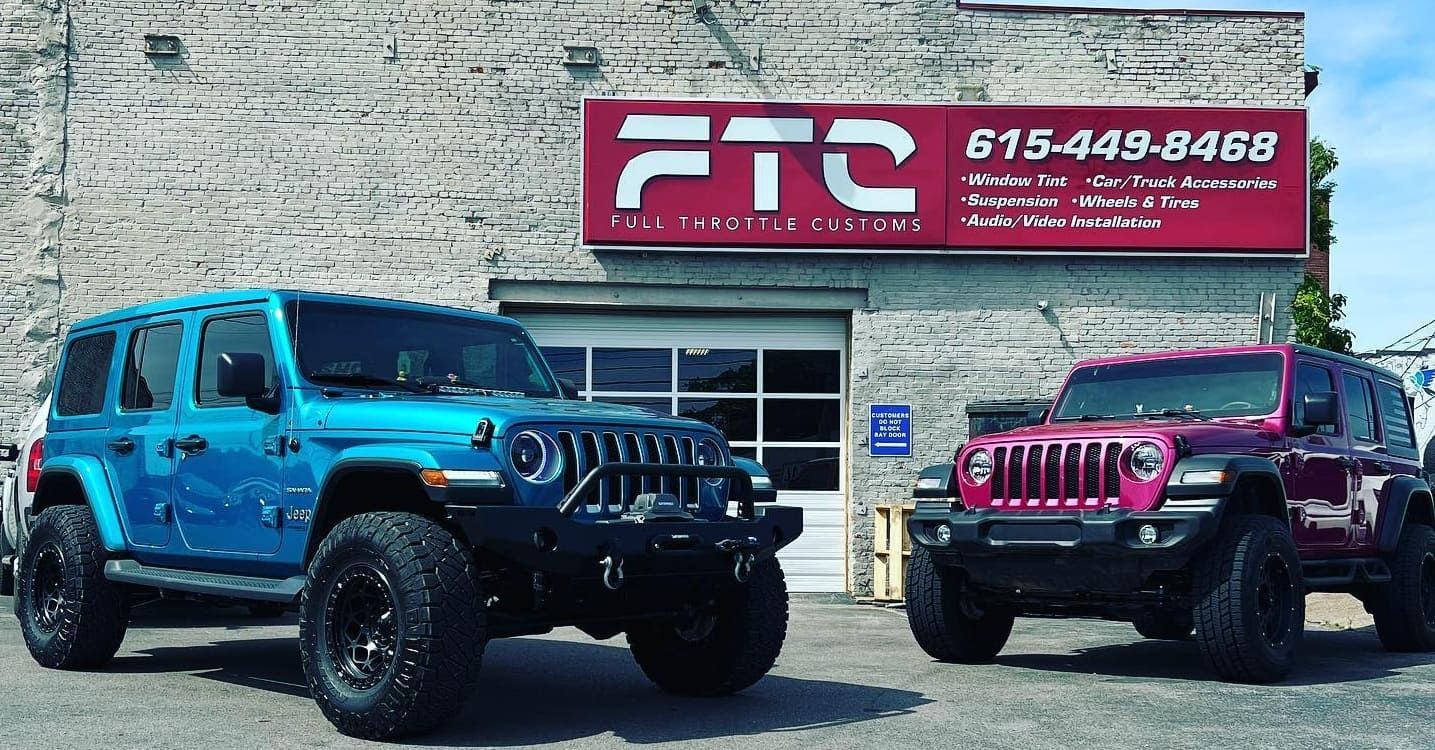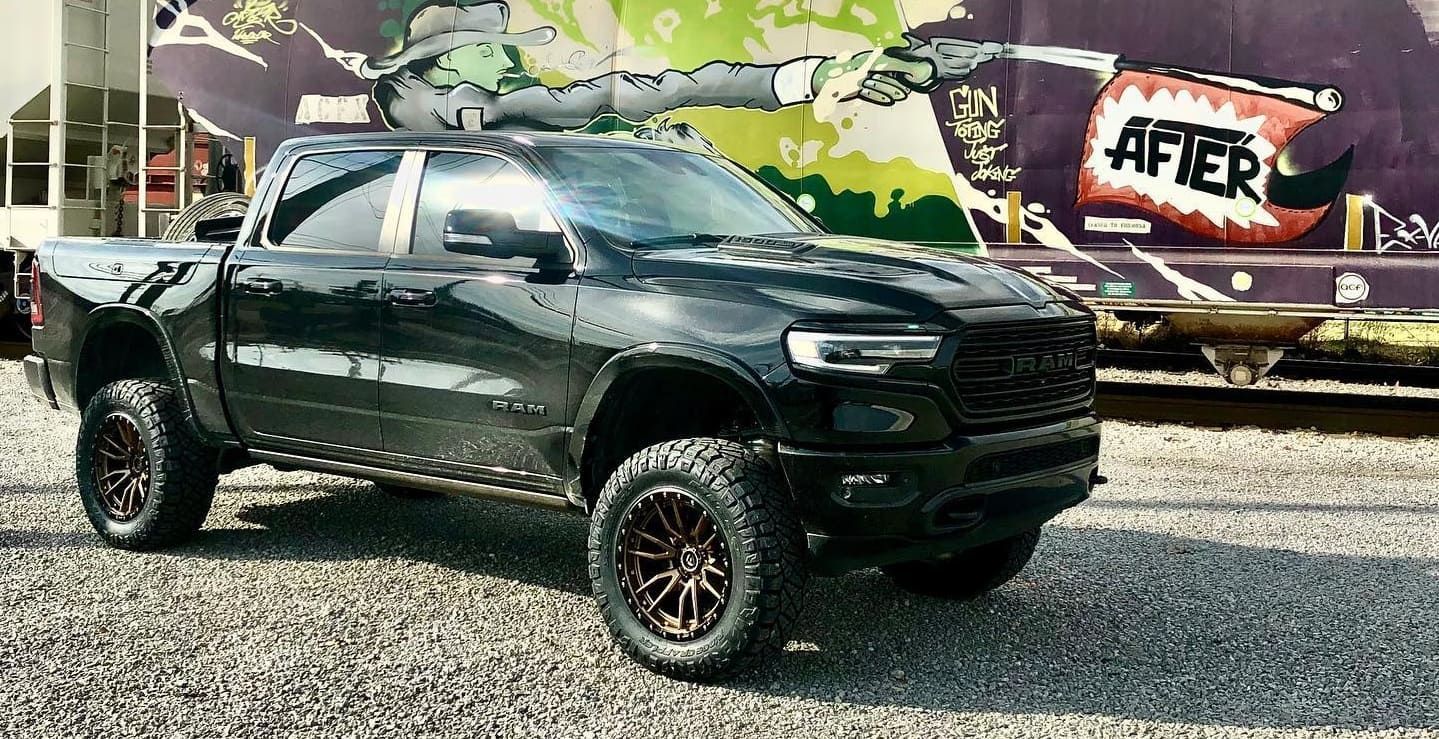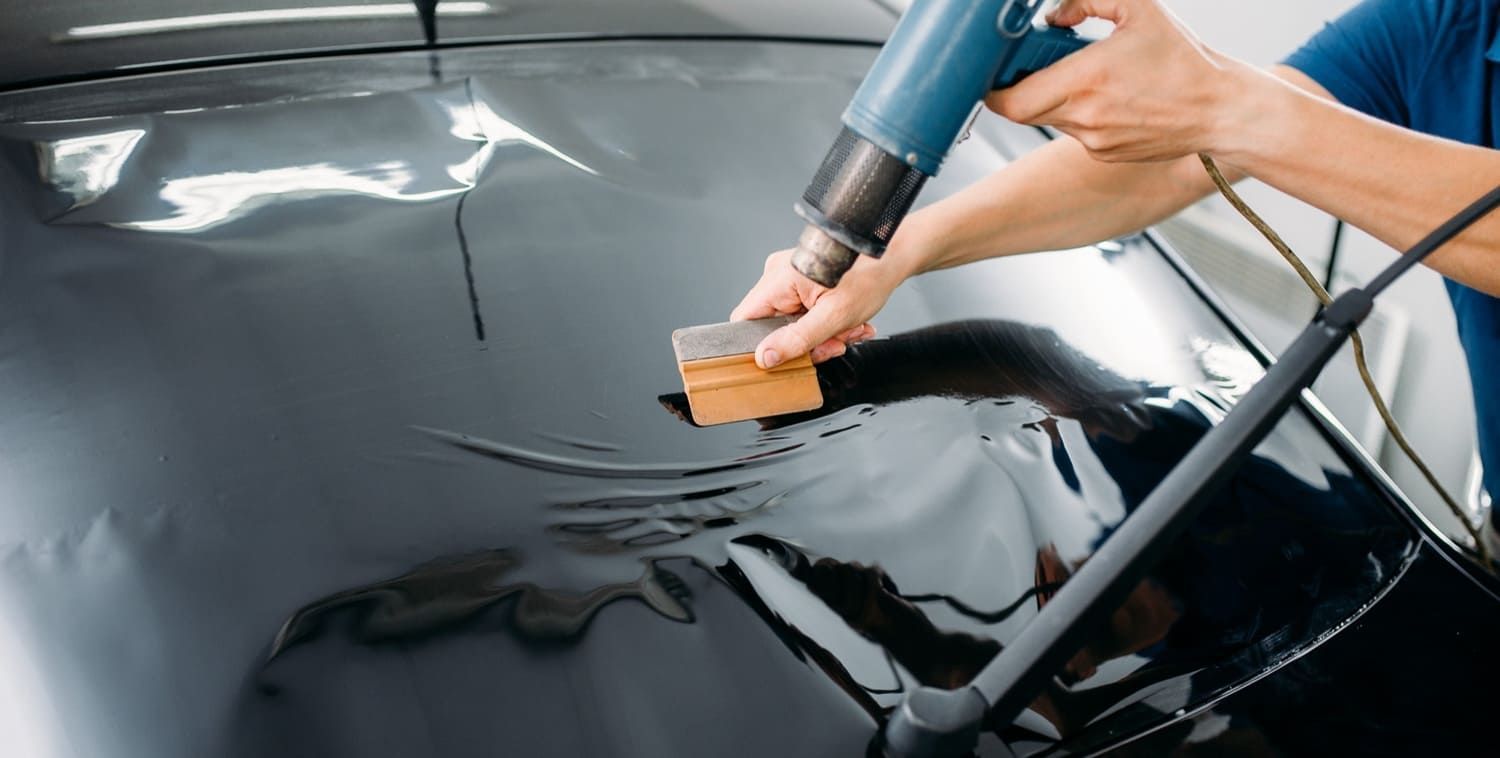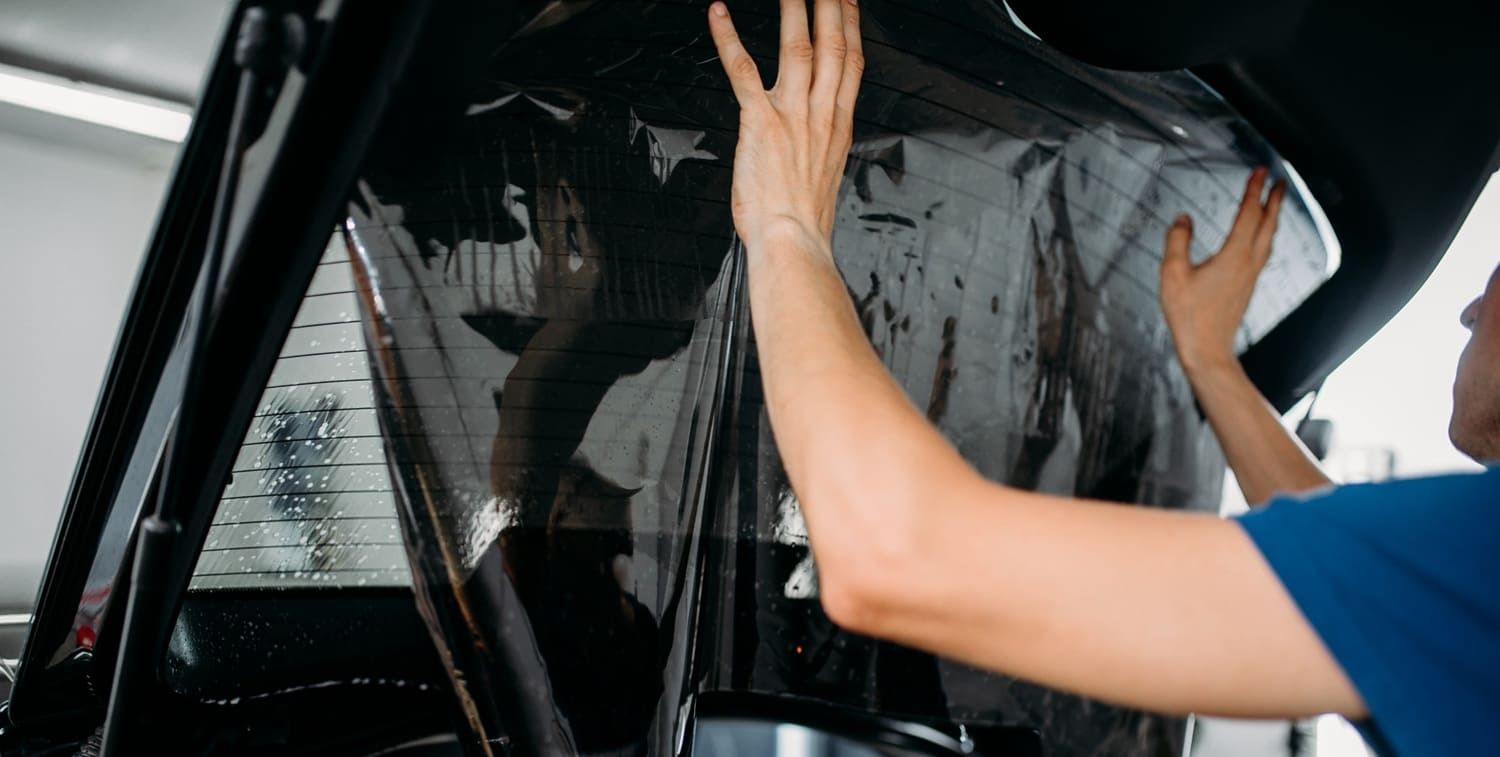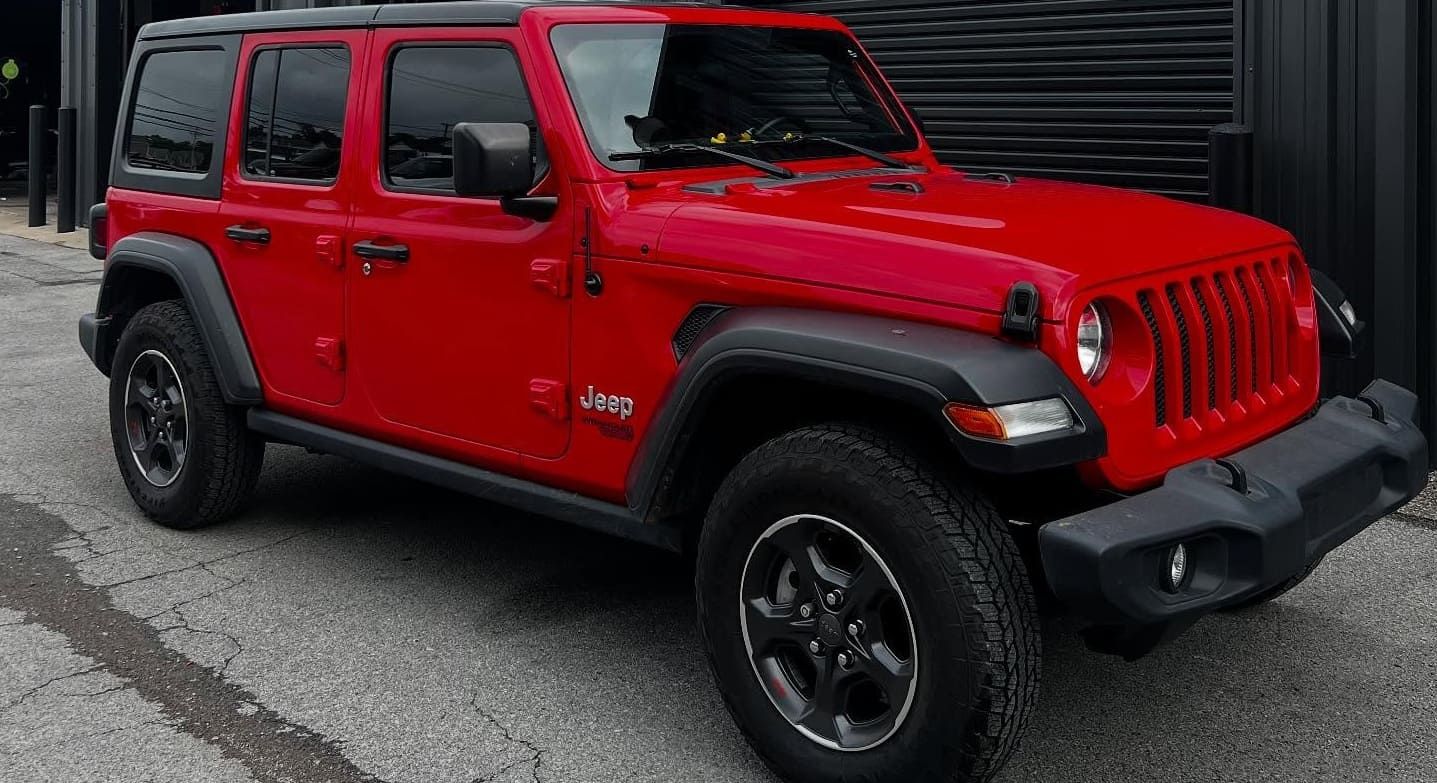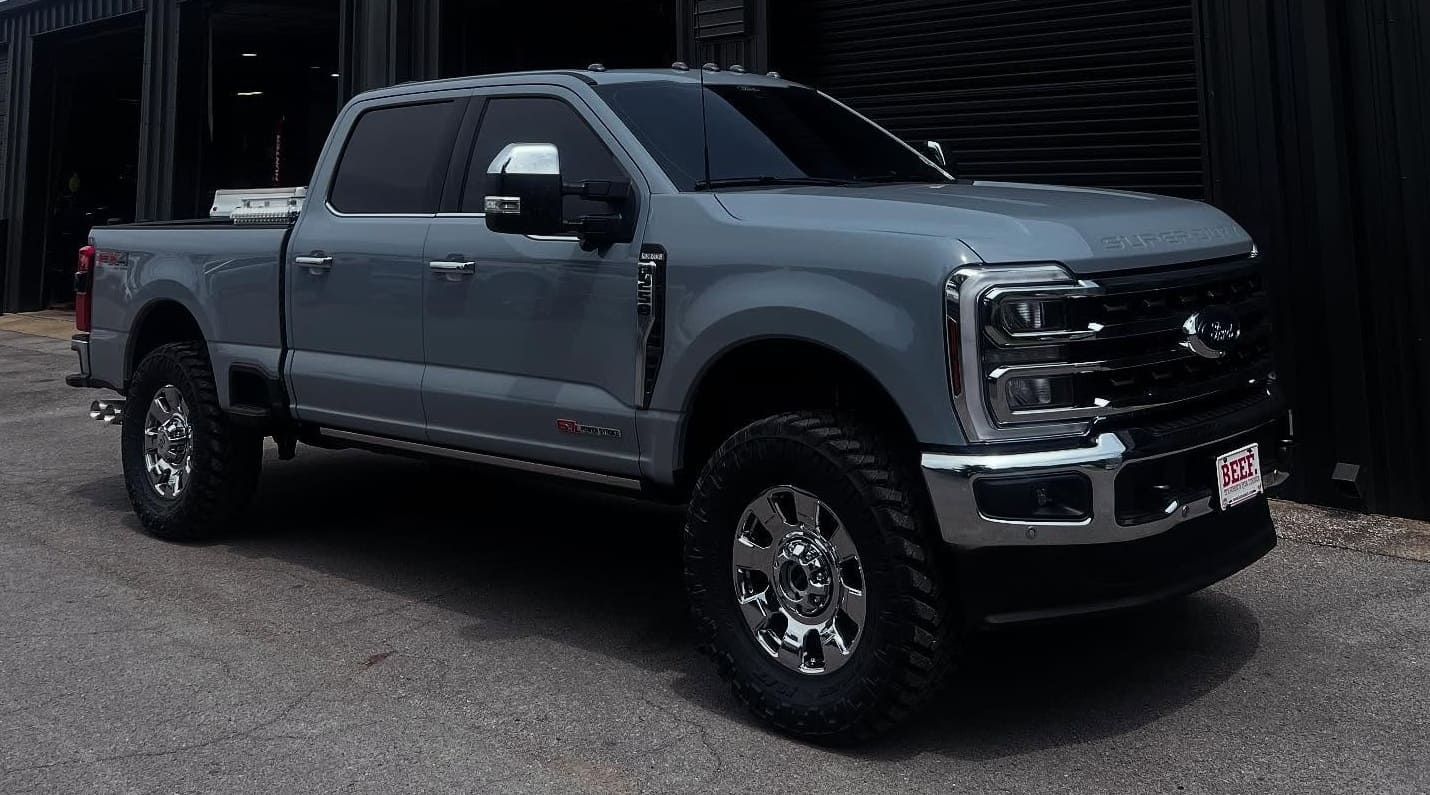How to Choose the Right Tint
Choosing the right tint for your vehicle is more than just an aesthetic choice. It's a decision that can impact your safety, comfort, and even the longevity of your car's interior.
Understanding the different types of tints, their benefits, and legal considerations is crucial. This knowledge will help you make an informed decision that suits your needs and preferences.
In this guide, we'll delve into the world of car and truck window tinting. We'll explore everything from UV protection to tint percentages, and even how to find professional installation services near you.
So, whether you're a first-time car owner or a seasoned driver, this article will equip you with the knowledge to make the right tint selection.
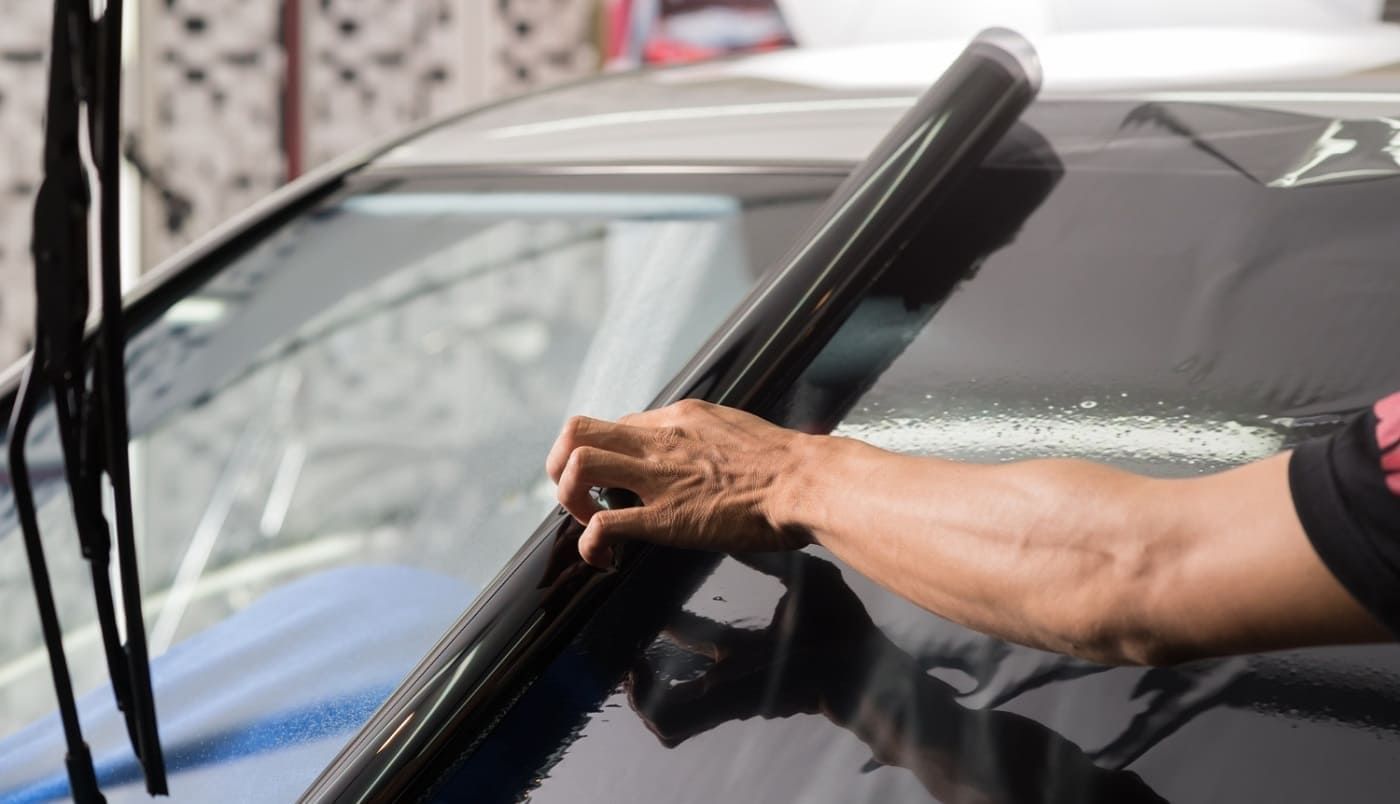
Understanding Tint Percentages
Tint percentages, also known as Visible Light Transmission (VLT), refer to the amount of light a tint allows to pass through. A lower percentage means less light transmission, resulting in a darker tint.
For instance, a 20% tint allows only 20% of the light to pass through. This makes the windows quite dark, providing a high level of privacy and sun protection.
However, it's important to note that each state has its own regulations regarding tint percentages. Always check local laws before making your tint selection.
Types of Car Window Tints
There are several types of car window tints available in the market. Each type has its own set of benefits and drawbacks.
Dyed Window Tint
Dyed window tint is a popular choice due to its affordability. It provides decent sun protection but may fade over time.
However, it's not as effective for blocking heat compared to other types.
Metallic Window Tint
Metallic window tint reflects heat away, making it a great option for sun protection. It also gives a shiny appearance to the windows.
But, it may interfere with cell phone and GPS signals.
Ceramic Window Tint
Ceramic window tint is the most advanced option. It offers superior heat and UV protection without interfering with electronic signals.
However, it's also the most expensive type of tint.
Benefits of Tinting Your Car Windows
Tinting your car windows offers several benefits. It's not just about enhancing the look of your vehicle.
Tints can also improve your driving experience. They can make your vehicle more comfortable and safer.
UV and Sun Protection
One of the main benefits of window tinting is UV and sun protection. High-quality tints can block up to 99% of harmful UV rays.
This not only protects your skin but also prevents your car's interior from fading.
Safety and Privacy
Window tints can also enhance your safety and privacy. They can prevent outsiders from seeing into your vehicle.
In case of an accident, tints can hold shattered glass together, reducing the risk of injury.
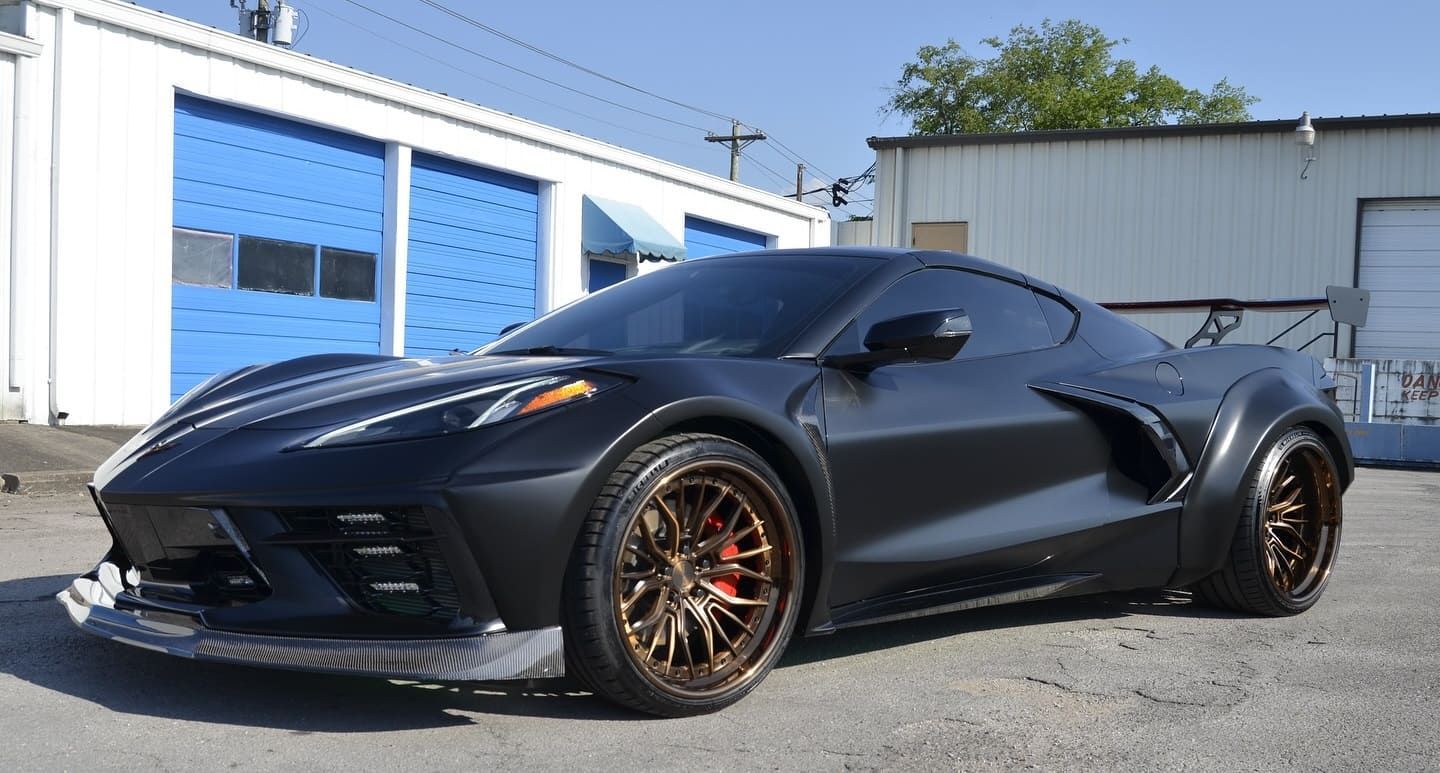
Legal Considerations for Window Tinting
When choosing a tint, it's crucial to consider local laws. Different states have different regulations regarding window tinting.
Ignoring these laws can lead to fines. Always check your state's specific tint laws before making a selection.
Finding Professional Installation Services
Finding a reputable installer for window tinting in Lebanon Tennessee, like Full Throttle Custom Automotive, is key to a quality tint job. Look for services with good reviews and a solid track record. Remember, professional installation ensures durability and compliance with local tint laws. It's worth the investment. Book a free estimate for window tinting with Full Throttle Custom Automotive today!
Frequently Asked Questions (FAQ) about car window tinting
What are the benefits of car window tinting?
Car window tinting offers benefits such as UV protection, heat reduction, enhanced privacy, and preservation of the vehicle's interior.
What types of window tint films are available?
There are several types of window tint films including dyed, metallic, and ceramic. Each type varies in terms of heat rejection, durability, and cost.
How does window tinting affect visibility at night?
Properly installed window tinting should not significantly impair visibility at night. Choosing a lighter tint percentage can help maintain visibility.
What are the legal considerations for car window tinting?
Each state has its own regulations regarding tint darkness (Visible Light Transmission or VLT) on car windows. It's important to comply with these laws to avoid fines or legal issues.
What factors should I consider when choosing the right tint percentage?
Factors to consider include local regulations, desired level of privacy, amount of sunlight you want to block, and how dark you prefer your windows to appear.
Can window tinting improve the energy efficiency of my vehicle?
Yes, by reducing heat gain through windows, window tinting can lessen the workload on your vehicle's air conditioning system, potentially improving fuel efficiency.
What maintenance is required for car window tinting?
To maintain window tinting, avoid cleaning with abrasive materials and harsh chemicals. Use a soft cloth and a mild detergent solution to clean the tinted surface gently.


